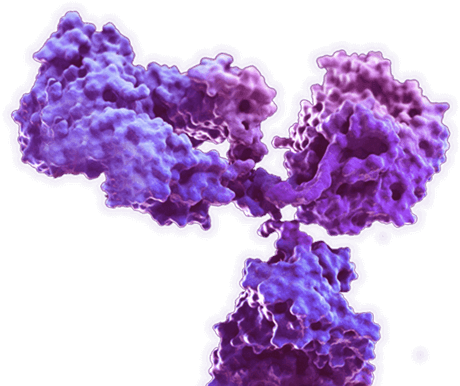Anti-H3K4me3 Antibody (Cat MO-MMB-0696), Rabbit IgG
Cat: MO-MMB-0696
Certificate of Analysis Lookup
To download a Certificate of Analysis, please enter a lot number in the search box below. Note: Certificate of Analysis not available for kit components.
Lot Number
To download a Certificate of Analysis, please enter a lot number in the search box below. Note: Certificate of Analysis not available for kit components.
Lot Number
- Product List
- Specifications
- Application Information
- Target
| Sub Cat | Clonality | Species Reactivity | Application | Clone | Conjugate | Size | |
| MO-MMB-0696 | Polyclonal | Budding Yeast, Human (Homo sapiens), Mouse (Mus musculus) | ChIP-qPCR, ChIP-chip, ChIP-Seq, Native ChIP, WB, IF, FC, IHC(P), ELISA, PLA | 100 µg | |||
| MO-MMB-0697 | Polyclonal | Budding Yeast, Human (Homo sapiens) | ChIP-qPCR, ChIP-Seq, Native ChIP, IF, WB | 100 µg |
Specifications
| Host species | Rabbit (Oryctolagus cuniculus) |
| Species Reactivity | Budding Yeast, Human (Homo sapiens), Mouse (Mus musculus) |
| Immunogen | This histone H3 trimethyl Lys4 antibody is raised against peptides including the trimethyl lysine 4 of histone H3. |
| Format | Liquid or Lyophilized |
| Buffer | 30% Glycerol |
| Regulatory Status | For Research Use Only |
| Shipping | Gel Pack |
| Storage | Store at 4°C: short-term (1-2weeks) Store at -20°C: long-term and future use |
Application Information
| Application | ChIP-qPCR, ChIP-chip, ChIP-Seq, Native ChIP, WB, IF, FC, IHC(P), ELISA, PLA |
| Application Notes | ChIP: 3-5 µL per ChIP ChIP-Seq: 3 µL each IF: 1:500-1:1000 WB: 1:500-1:2000 The optimal dilution should be determined by the end user. |
Target
| Alternative Names | H3K4me3; Histone H3K4me3 |
For Research Use Only | Not For Clinical Use.
Online Inquiry

